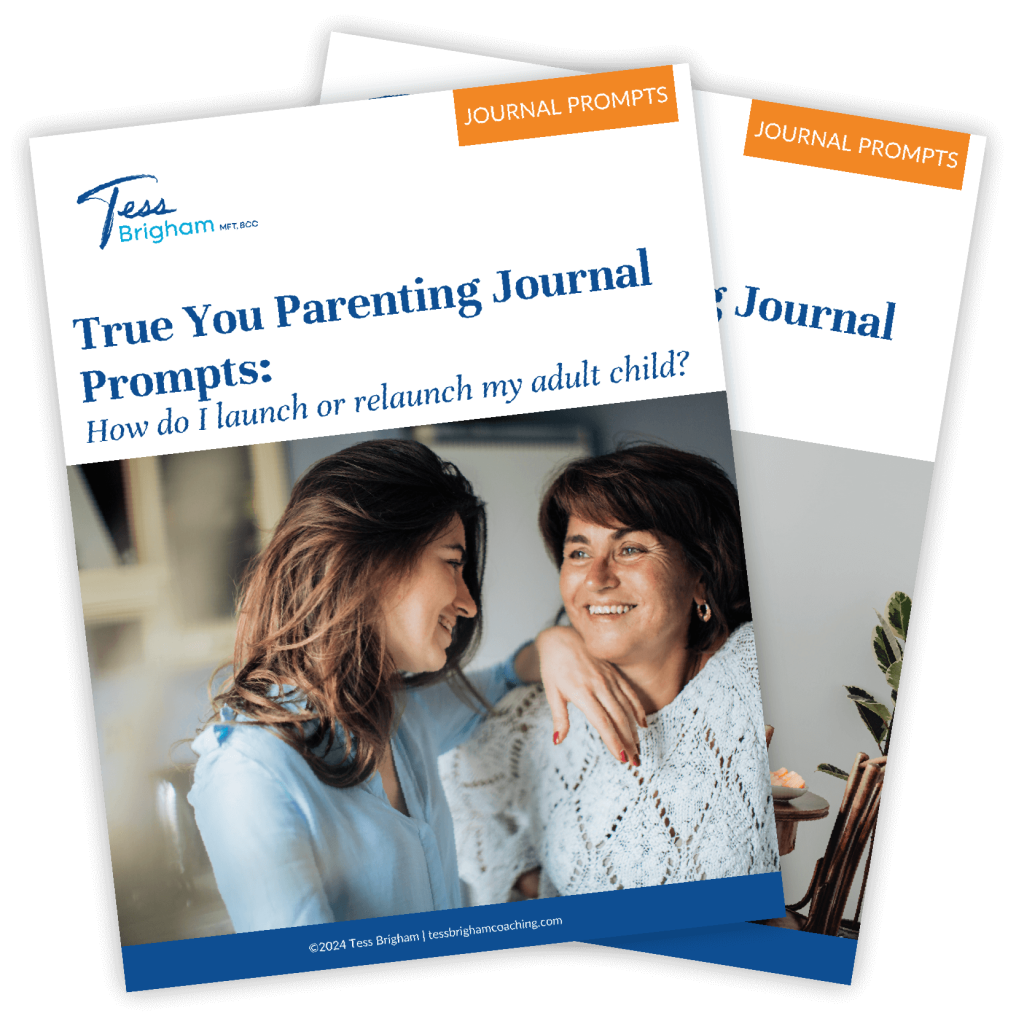Why Doing “Nothing” Isn’t Nothing
“I’m so burned out…I know this is what everyone has been saying but this has been a really hard year,” Sarah cried as soon as we started our session, “I mean I had all these summer plans that got cancelled and now I have no idea if I’ll be able to travel home for the holidays.”
Sarah went on to tell me about her ever increasing workload and the difficulty she has been having setting boundaries with her manager who messages her at all hours of the day and night with questions and requests.
“When was the last time you took time off from work?” I asked.
Sarah stopped for a moment and thought to herself, “I’m thinking in late January I took a long weekend and went to Napa with some friends.”
“January?! January was nine months ago!” I cried, “Don’t you have unlimited vacation at your company…why haven’t you taken any time off?”
Sarah shrugged, “I don’t know. Since I had no place to go, I didn’t want to waste the time off. Even though we have unlimited time, I feel super guilty because I don’t want my manager to think I’m taking advantage of unlimited PTO. Besides what was I going to do with the time off…sit around my house and do nothing?”
“Yes…that’s the point of time-off Sarah, to give you time to regroup and recharge. You’ve got to change your attitude about ‘doing nothing.’”
It’s not like Sarah never takes breaks, it’s just that she has this belief that time off = vacation. For the past 10 years I’ve been primarily working with Millennials and now Generation Z and what I’ve noticed about both of these generations is they struggle with “doing nothing.”
All of my clients tell me about how guilty they feel when they are just at home binge watching Netflix if they’re not also doing work, organizing something in their apartment and/or catching up with their roommates. Every moment of the day has to be accounted for and has to be moving them along in some way.
Unfortunately this wasn’t the first time I’d had the “if I can’t go anywhere why should I take a time-off” conversation with one of my clients. Back in March or April when we had no idea how long we would be sitting at home I understood wanting to save vacation days. But an entire summer has passed and more and more clients are telling me they’ve taken a day “here and there” but no significant length of time away from work.
While exploring new places is important and lots of fun, it’s not the only reason to take a break. Your mind needs the time and space away from work to recharge and reset. Creativity and sparks of new ideas don’t come when we’re banging our heads against the wall willing ourselves to think of something “brilliant” to present to our bosses. It comes when we feel calm and inspired.
One thing I teach all of my clients is that “doing nothing” isn’t nothing. It’s not a waste of time. It’s not pointless. It doesn’t make you lazy. Actually young people are under more stress today (even before the virus hit) than past generations.
According to a 2018 American Psychological Association survey of 3,458 adults, Generation Z (those born between 1995-2015) reported feeling more anxious than any other generation in their study. Fifty-four percent of Generation Zers reported feeling anxious or nervous due to stress in the preceding month, next are Millennials, with 40%. The national average of all the generations combined was 34% which is very telling about the current state of mind of the youngest people in our workforce.
Technology has allowed us to be connected across the globe in the matter of seconds and has made it possible for hundreds of thousands of people to still do their jobs during this quarantine. The downside is the ability to be “connected” all day, every day has placed impossible expectations on young people and they don’t know how to push back and say “I need a break.”
If you’re a manager you may be thinking, “That’s so easy! If any of my direct reports needed a break or didn’t want me to email them on a Saturday, they would tell me.” It may seem simple but young high-achievers just starting out in the workforce are trying to build a career and need you to know how hard they are working…for them it’s not easy.
If you’re new to the workforce it may be tough to know when it’s time to take a break. The transition from being a full-time student to full-time employee is overwhelming. When you’re in school and studying for finals you know you have a long break coming up, which gives you the extra push you need to finish strong and stay motivated.
Now it feels like work is just one long final and there is no extended holiday vacation to rest and recharge. While you feel exhausted all day long and need more and more coffee to stay awake, you find yourself awake at 2am thinking about the day ahead. You scroll Instagram and fantasize about quitting your job, selling all your belongings and leaving the country to “find yourself.”
You were so confident and sure of yourself in college but now you question every decision and agonize over the wording of every email. Everything and everyone sets you off and not only have you yelled at your mother this week, you got into it with your roommate too.
These are all signs of depression and anxiety which are also symptoms of burnout. We often think of people who struggle with depression as being unable to get out of bed or anxiety as someone who is always in a state of panic.
While those images are real for some people, most mental health issues start small and can easily be ignored at first but if you continue to ignore the signs, these subtle things start to build upon themselves until it feels like all it would take is one more email demanding your time and attention to set you over the edge.
The goal is to learn how to notice these subtle changes in mood and address how you’re feeling as soon as you can so you can be an advocate for your mental health. While many of my clients will nod their heads agreeing with my recommendations to “take a break and leave work early several days a week” they’re struggling to implement these changes once they leave my office.
I don’t blame you…setting and creating boundaries around work is hard, much harder than for me and my fellow Generation Xers and all the earlier generations.
The biggest reason why my clients tell me they struggle to take time off or say “no” to a new project — guilt. They feel “guilty” for not being more available to their manager and the other people on the team. As a high-achiever, your sense of self is connected to how well you’re doing at work and how much you’re “liked and respected” by your boss and colleagues.
We feel guilt when we think we did something “bad” which means if you want to stop feeling so guilty about taking time for yourself, you have to shift your mindset around what it means to be “successful” at work.
As you scroll through Instagram between the photos of dogs, babies and inspirational quotes, you’ll see work as being represented in two different ways: you’re either part of the #hustle culture which includes tales of start-up CEOS who once slept on the floor of their office or you’re part of the “I figured out how to be a millionaire and work 5 hours a week and here I am at the beach.”
Somehow in our culture we’ve decided these two extremes represent “success.” At the end of the day, only you can decide what it means to be “successful” but I would challenge you to think about what you would want someone to say about you at your funeral.
While this may seem morbid while we’re in the middle of a pandemic, this is the perfect time to think about what is truly important and meaningful to you. We usually wait until it’s too late to ask ourselves these questions but in order to let go of the guilt you have to stop seeing “taking a break” as something bad or something to be ashamed of needing.
Taking a break from work to sleep, read, watch Netflix, walk around your neighborhood, call old friends, stare out the window is not “nothing.” It’s actually the best gift you can give to you and your mental health.













0 Comments